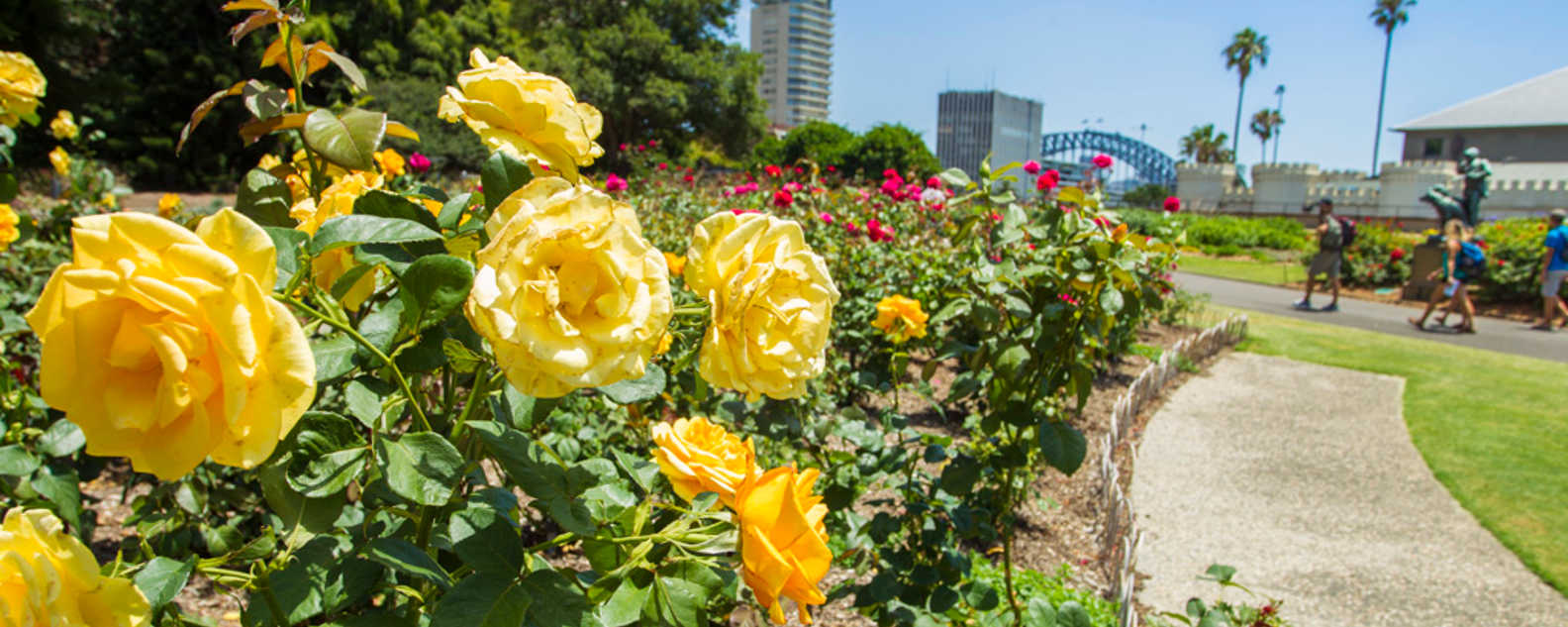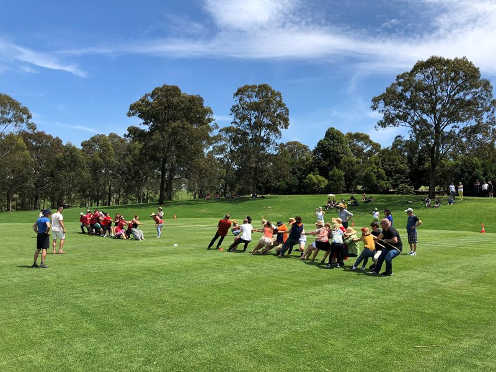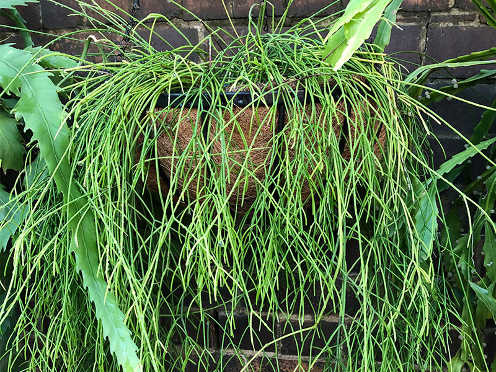Using pesticides safely
We use pesticides on our lands to treat pests, weeds and diseases, and aims to use chemicals in an environmentally responsible way.

Pests and diseases are treated following an Integrated Pest Management approach to ensure pesticides are used only when necessary, in an effort to conserve the environment and minimise the potential exposure of visitors to chemicals.
Where possible, cultural practices or biological methods are preferred to the use of chemicals. Chemicals used are of the lowest toxicity possible to deal with the problem and are selected to breakdown without leaving any toxic by-products in the soil or water.
The most widely used product is glyphosate bioactive, a herbicide. It is non-toxic to mammals, birds, reptiles and fish, breaks down within 24 hours of use, and does not bind to soil or stay dissolved in water. There are no residual breakdown waste products.
Staff are certified in the application of chemicals and follow stringent Workplace Health and Safety and site procedures to ensure the maximum effect on the target pest is achieved with minimal impact on the environment.
What are pesticides?
A pesticide is any substance or mixture of substances used to destroy, suppress or alter the life cycle of any pest. A pesticide can be a naturally derived or synthetically produced substance. A pesticide can also be an organism, for example, the bacterium Bacillus thuringiensis which is used to control a number of insect pests, or even a genetically modified crop.
Pesticides include bactericides, baits, fungicides, herbicides, insecticides, lures, rodenticides and repellents. They are used in commercial, domestic, urban and rural environments.
There are currently thousands of pesticide products registered for use in NSW by the Australian Pesticides and Veterinary Medicines Authority.
What are pesticides used for in the botanic gardens and the Domain?
There is a range of reasons why the Trust may use pesticides on our lands, including:
- control of noxious or harmful weeds
- control of non-native fungus
- termites' control
- ant control
- rodent control
In some cases emergency pesticide applications in public places are required to deal with biting or dangerous pests such as wasps, bees, venomous spiders, fleas, bird mites or rodents.
Some very persistent weeds, and some insect pests such as nematodes, require treatment with stronger chemicals to ensure they will be eradicated. The Trust has to balance the need to protect the environment from exposure to chemicals with the equally important objective of preventing the spread and proliferation of undesirable plant species.
Pesticide Use Notification Plan
In accordance with the requirements of the NSW Government's Pesticides Regulation 2009, the Botanic Gardens & Centennial Parklands has developed a Pesticide Use Notification Plan to ensure the community is notified when pesticides are to be used in our parks and gardens.
The Pesticide Notification Plan incorporates the following communication components regarding pesticide use in botanic gardens and the Domain:
- Prominently displayed temporary signs will be placed at the locations prior to the pesticide application commencing. These signs will remain at this site for the remainder of the business day following application of the pesticide.
- Where spraying is undertaken in areas adjacent to schools, childcare centres or public buildings, the occupants will also be notified by phone 48 hours prior to any pesticide use.
- In cases where emergency pesticide applications in public places are required to deal with biting or dangerous pests, such as wasps, bees, venomous spiders, fleas, bird mites or rodents that pose an immediate health hazard, the Trust will endeavour to place signage in the surrounding area providing a 10 metre exclusion zone between the sign and the treatment area. Where this is not possible, the person applying the pesticide will verbally advise the public at the time of application.
- Where certain sites within the Trust’s lands are under lease arrangement, the lessee will be required to notify the public of pesticide usage.
The Pesticide Use Notification Plan is reviewed every five (5) years or when circumstances require a review of the Plan.
Download the Botanic Gardens & Centennial Parklands Pesticide Use Notification Plan here.
Further information
If you have questions about the Botanic Gardens & Centennial Parklands use of pesticides, you can refer to our Frequently Asked Questions about pesticide use.
For more information about how pesticides work and how their use is managed in NSW, visit the NSW Government's NSW EPA Website.
Related resources

